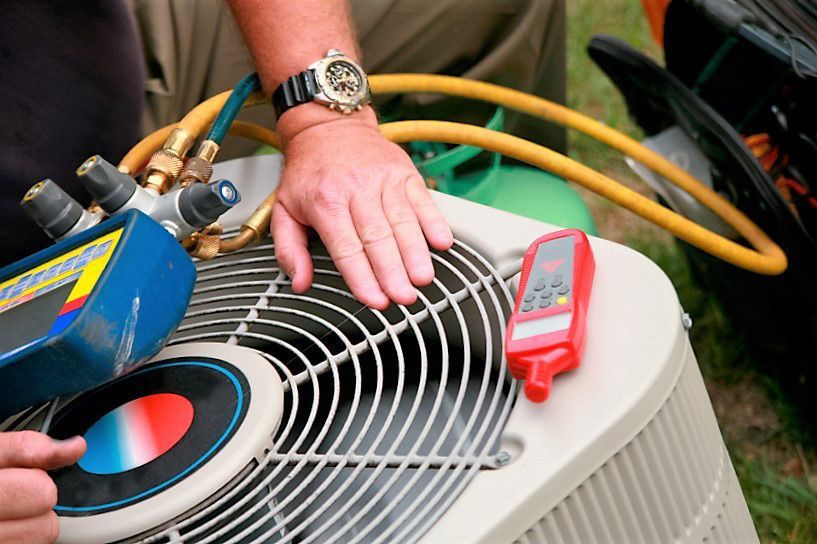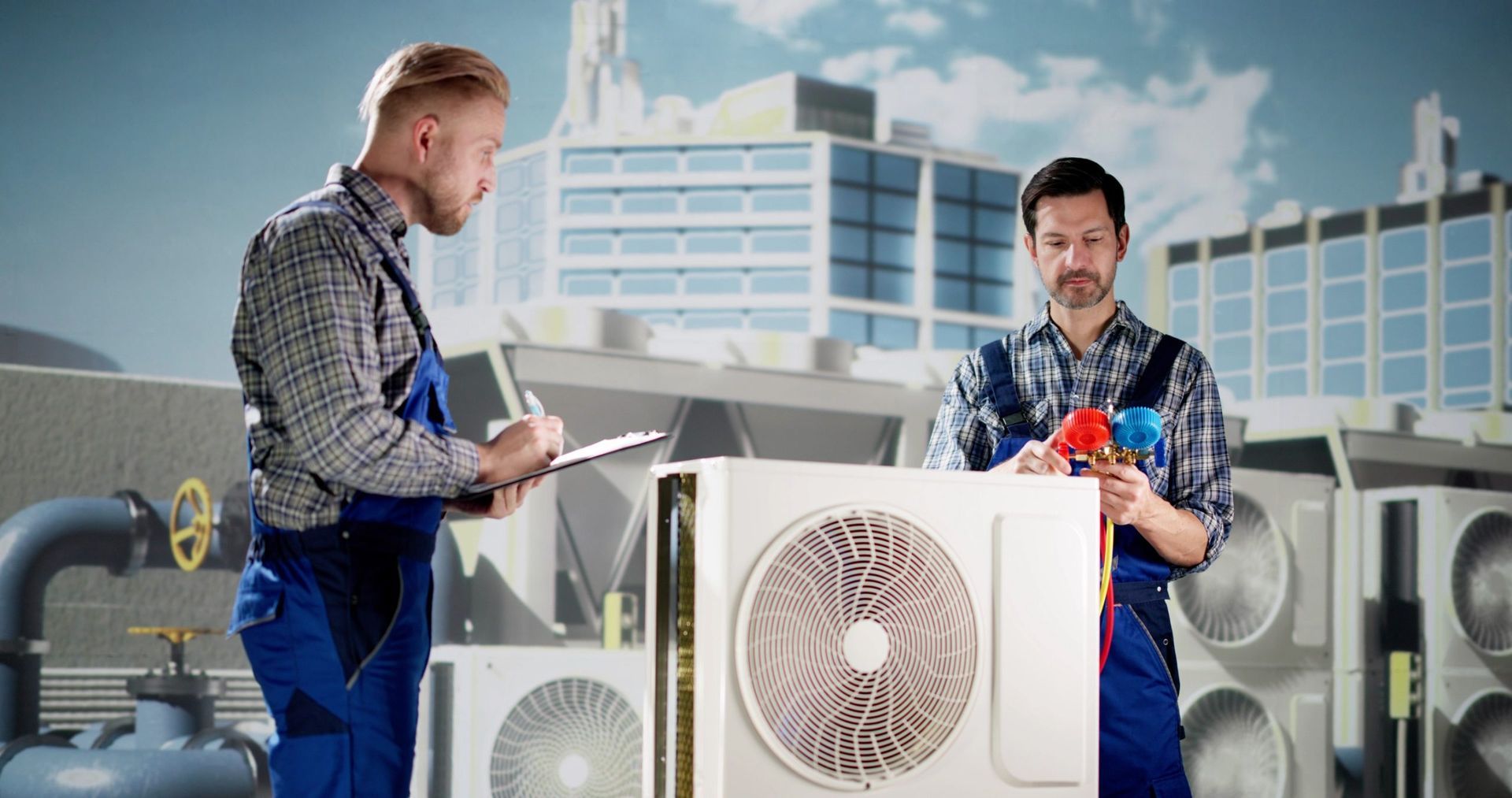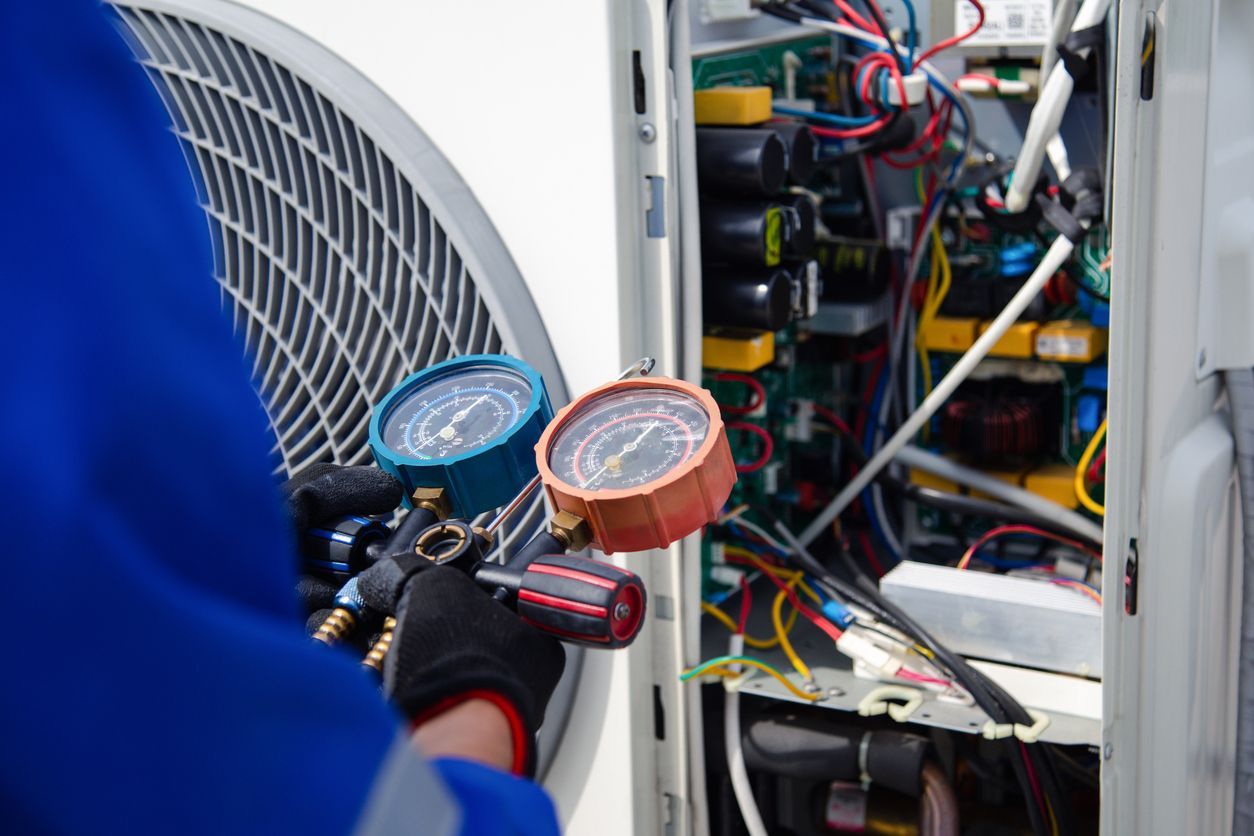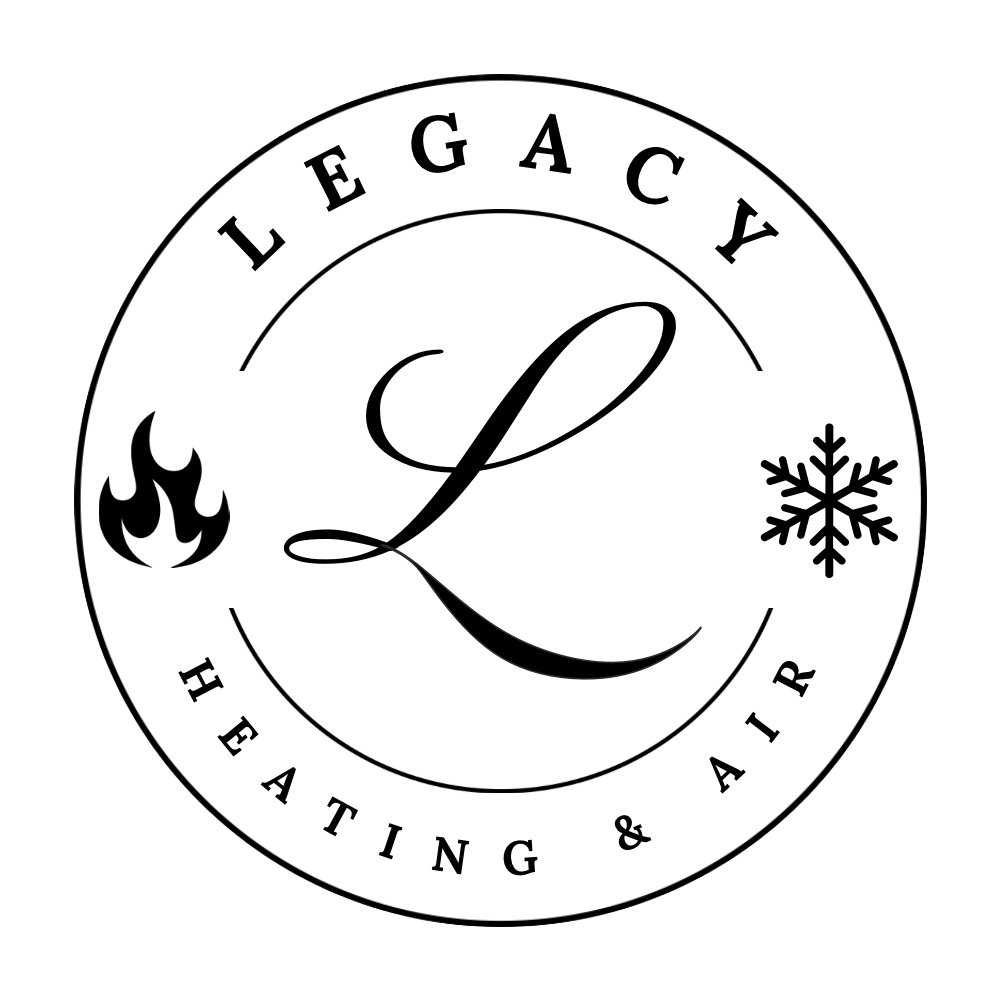What Are the 4 Phases of Planned Maintenance HVAC?
TLDR;
The four phases of planned HVAC maintenance are inspection, cleaning, testing, and repairs. These steps ensure that your heating and cooling system stays efficient, reliable, and avoids costly breakdowns—keeping your space comfortable year-round.
Why Planned HVAC Maintenance Matters
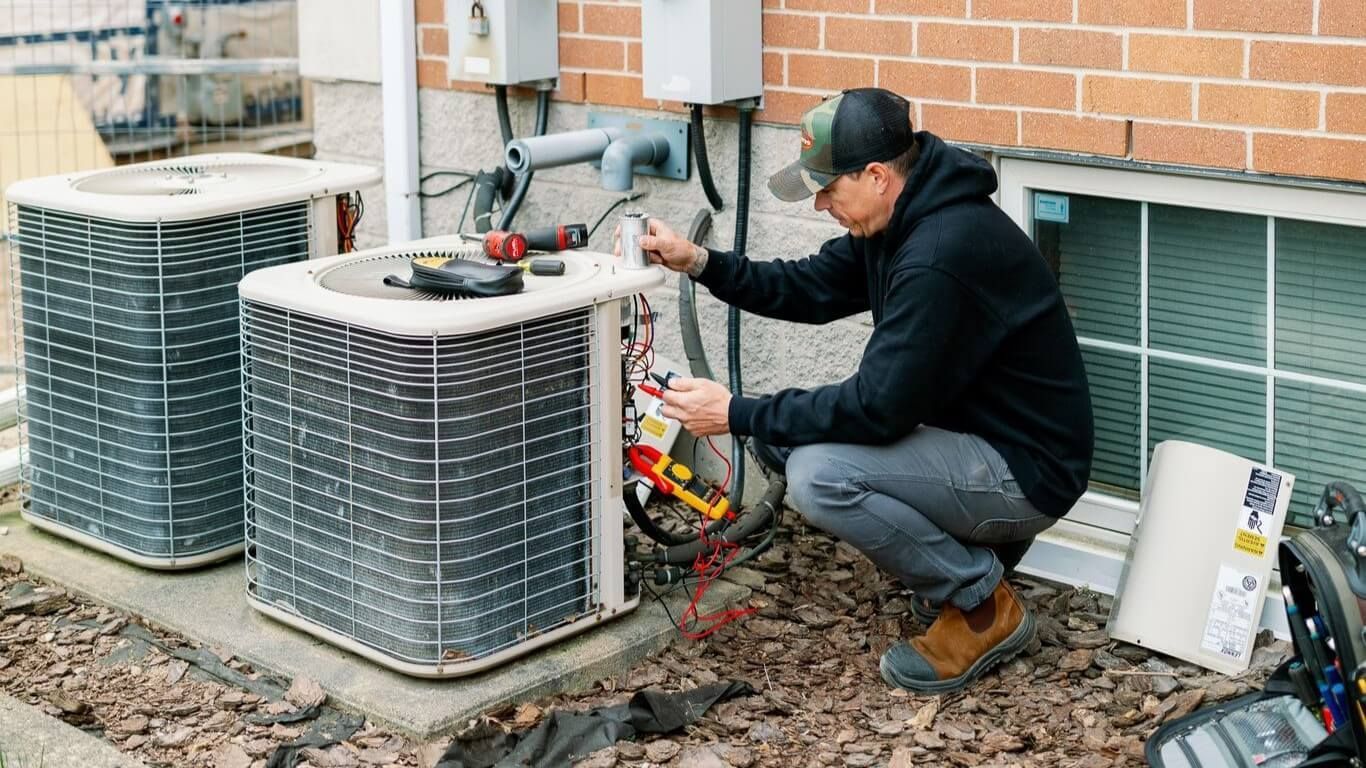
For homeowners and facility managers alike, skipping regular HVAC maintenance is like driving a car without ever checking the oil. Eventually, it will fail—often at the worst possible time. Planned maintenance doesn’t just keep things running—it saves money, reduces stress, and extends the life of your equipment. Working with a professional HVAC Service Contractor ensures that your system receives expert care tailored to its needs.
Key benefits of a planned HVAC maintenance schedule:
- Improved energy efficiency – Clean and tuned systems don’t have to work as hard
- Fewer emergency breakdowns – Issues are caught before they cause real damage
- Longer equipment lifespan – Components last longer when properly maintained
- Better indoor air quality – Clean filters and coils reduce dust, allergens, and mold
- Lower utility bills – Optimized systems use less electricity and fuel
At Legacy Heating & Air, we’ve seen how consistent maintenance can prevent five-figure HVAC replacements. Whether you’re a homeowner or managing
Commercial HVAC Services, sticking to a maintenance schedule protects your investment and ensures long-term system reliability.
This is paragraph text. Click it or hit the Manage Text button to change the font, color, size, format, and more. To set up site-wide paragraph and title styles, go to Site Theme.
Overview of the 4 Phases of HVAC Planned Maintenance
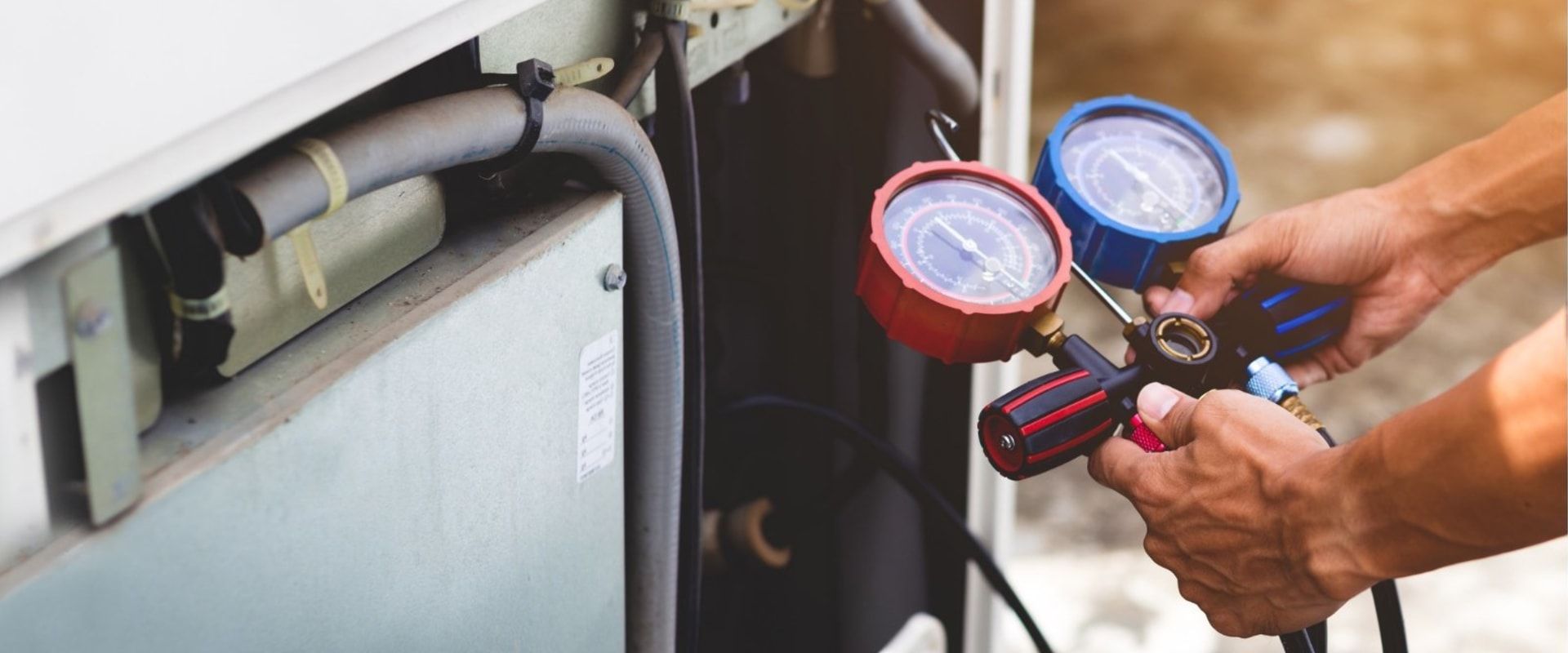
Planned maintenance for HVAC systems involves a systematic process to ensure every part of your system is working as it should. The four phases of HVAC maintenance are:
- Inspection – Detect wear, inefficiencies, or damage early
- Cleaning – Remove dust, grime, and debris from key components
- Testing – Run system checks to confirm proper operation
- Repairs and Adjustments – Fix or fine-tune issues before they escalate
Each phase builds on the other—skipping one weakens the whole process. Together, these four steps show exactly how
Seasonal HVAC Tune-Ups Save You Money by keeping your system running efficiently and catching issues before they become expensive repairs. Here’s how each phase works and why it matters.
Phase 1 – Inspection: Detecting Early Issues
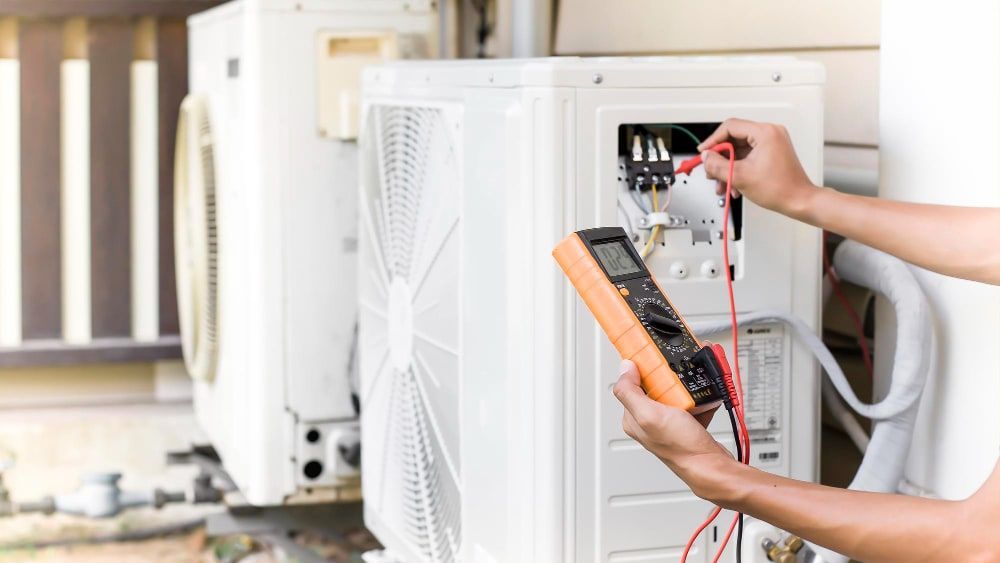
The first step in any maintenance plan is a detailed inspection. Think of this as your system’s check-up—a chance to catch problems before they become emergencies.
What gets inspected:
- Air filters and vents – Blockages here can cause major system strain
- Thermostat calibration – Ensures accurate temperature control
- Electrical connections and wiring – Loose wires = fire hazard or system failure
- Refrigerant levels – Too high or too low = reduced efficiency
- Blower components and motors – Checked for wear, alignment, and balance
Tools used during inspections:
- Multimeters
- Refrigerant gauges
- Thermometers
- Inspection mirrors
At
Legacy Heating & Air, our technicians follow a comprehensive HVAC checklist during every inspection to ensure no detail is overlooked.
Phase 2 – Cleaning: Maintaining System Health
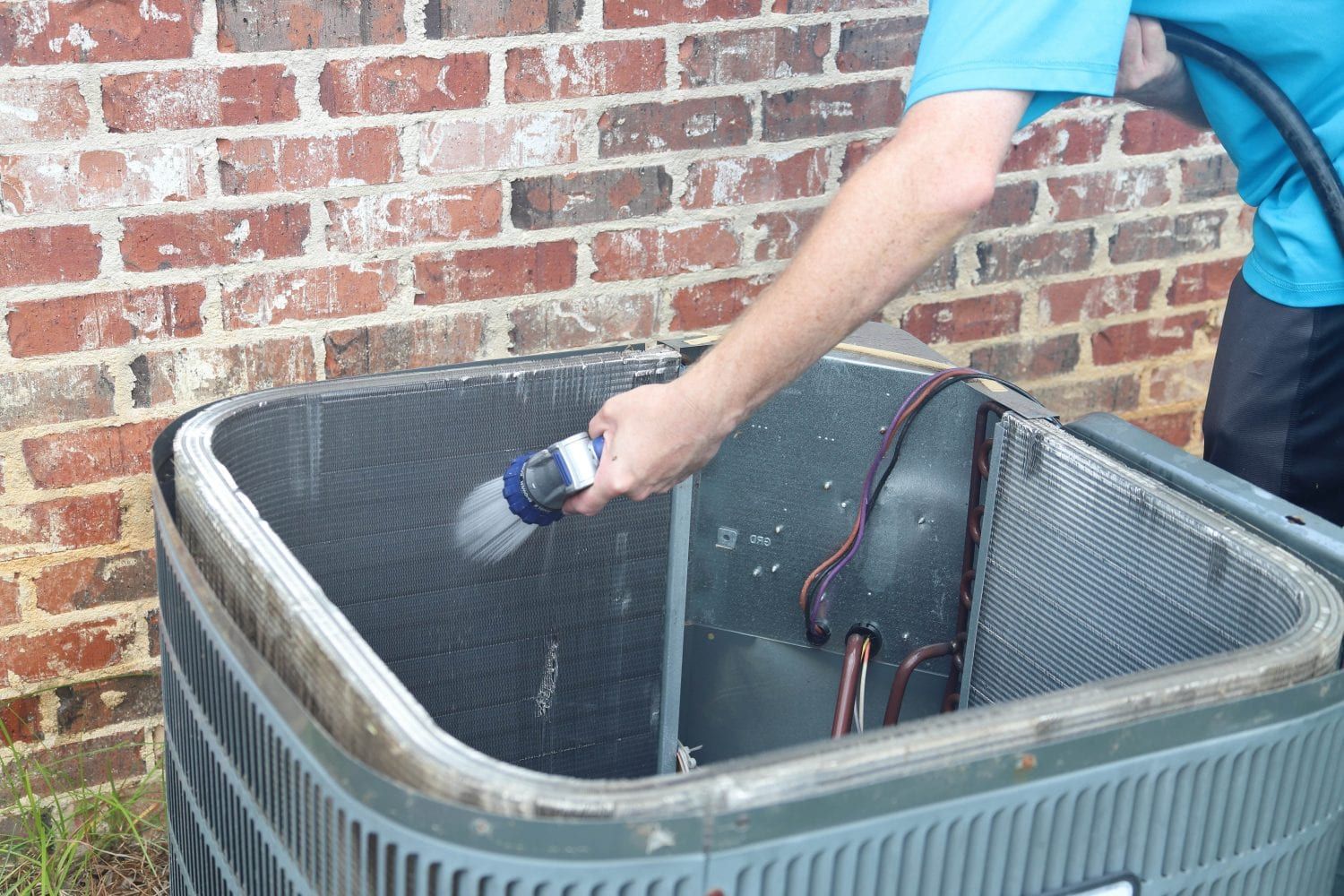
Dirt is the silent killer of HVAC systems. Over time, dust and debris clog airflow, reduce efficiency, and wear out parts faster. The cleaning phase eliminates these threats.
Critical components that require cleaning:
- Evaporator and condenser coils – Dirty coils make your system work harder
- Blower and fan blades – Debris can cause vibration and inefficiency
- Drain lines and pans – Prevent mold, bacteria, and clogs
- Air ducts (optional but helpful) – Reduces allergens and improves air quality
Why cleaning matters:
- Boosts airflow – More airflow = better temperature control
- Improves energy use – Clean systems don’t overwork
- Prevents overheating – Dust-covered components run hotter
Even something as simple as a clogged filter can raise your energy bills by 15%. That’s why routine cleaning is never optional.
Phase 3 – Testing: Ensuring Proper Operation
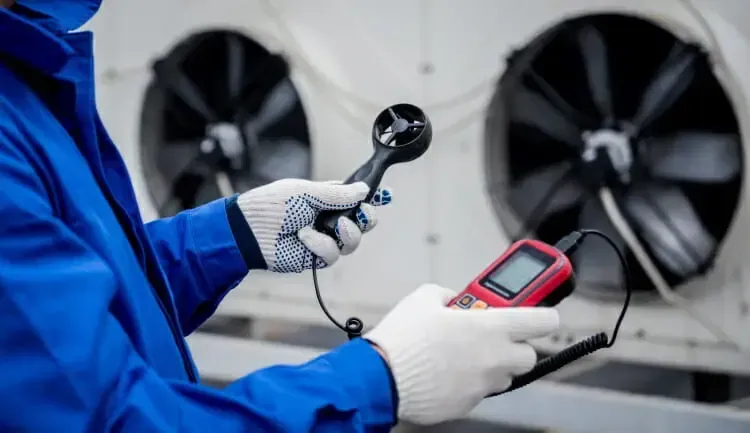
Once your system has been inspected and cleaned, it’s time to test its performance. This phase verifies that everything is functioning safely and efficiently.
What we test:
- Start-up and shutdown sequences – Ensures reliable operation
- Airflow and temperature accuracy – Confirms balanced comfort
- Safety switches and limit controls – Protect your system from damage
- Combustion and exhaust systems – For gas or oil furnaces, especially important in
Commercial Heating Solutions where safety and performance standards are critical.
We also test pressure levels, voltage readings, and system cycle times to catch hidden issues. A system that
seems to work can still be wasting energy or operating unsafely.
Phase 4 – Repairs and Adjustments
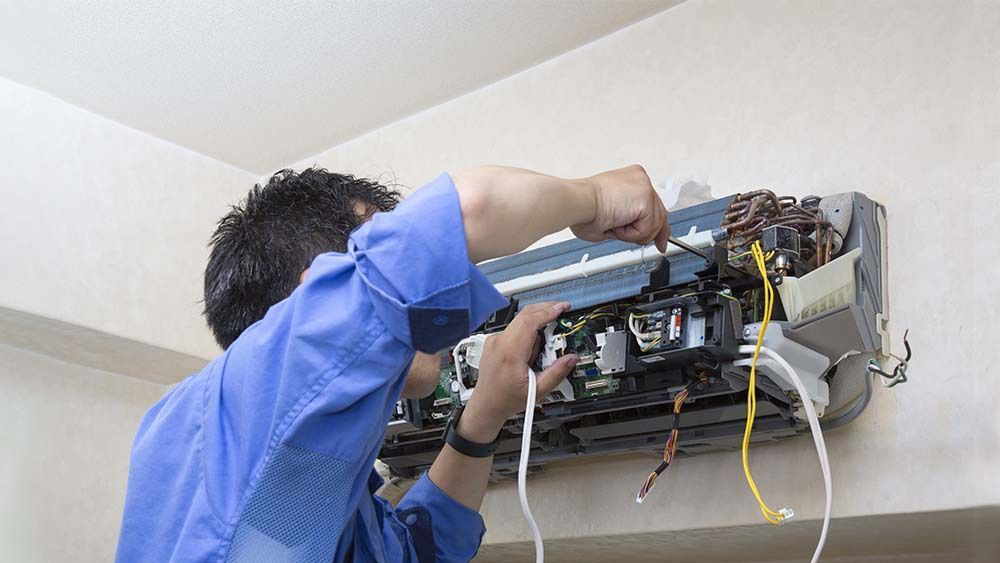
If problems were discovered during earlier phases, this is where they get fixed. Preventive repairs can mean the difference between a $200 fix now or a $2,000 replacement later.
Common repairs and adjustments:
- Replace worn belts or capacitors
- Tighten electrical connections
- Lubricate bearings and motors
- Adjust gas pressure or refrigerant charge
- Seal duct leaks
- Install updated thermostat settings or firmware
Legacy Heating & Air emphasizes fixing small issues immediately to prevent large-scale failures later. Maintenance without follow-through isn't maintenance—it’s a missed opportunity.
Beyond the Basics: Documentation and Scheduling
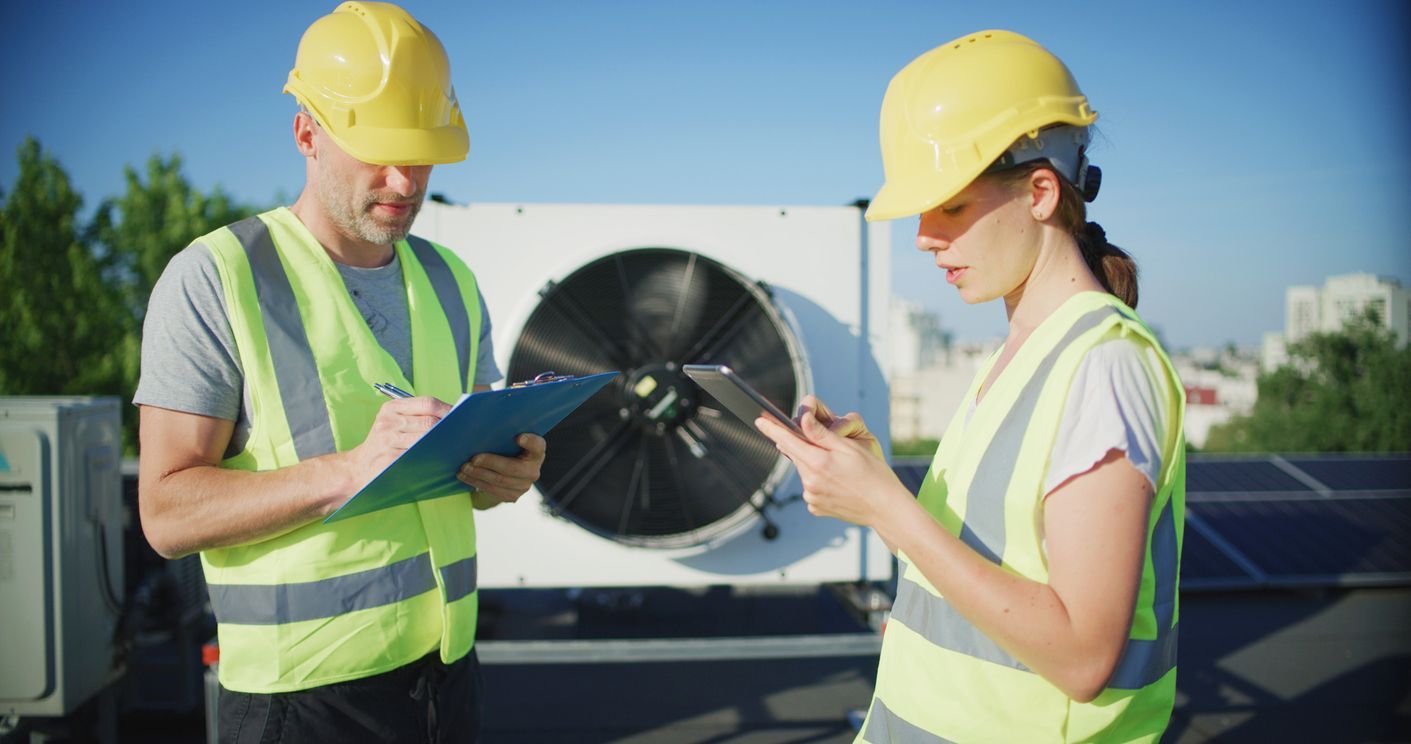
Maintenance isn’t just about physical work—it’s also about staying organized. Documentation ensures nothing gets missed, and scheduling keeps your system on track.
Best practices:
- Keep a detailed maintenance log – What was done, when, and by whom
- Use digital service records – Easier to track over time
- Create a seasonal calendar – Plan tune-ups before peak heating or cooling months
- Set reminders – So you never miss a maintenance window
Commercial AC Solutions especially benefit from structured scheduling. Many local building codes even require proof of HVAC maintenance for larger systems.
Emerging Technologies in HVAC Maintenance
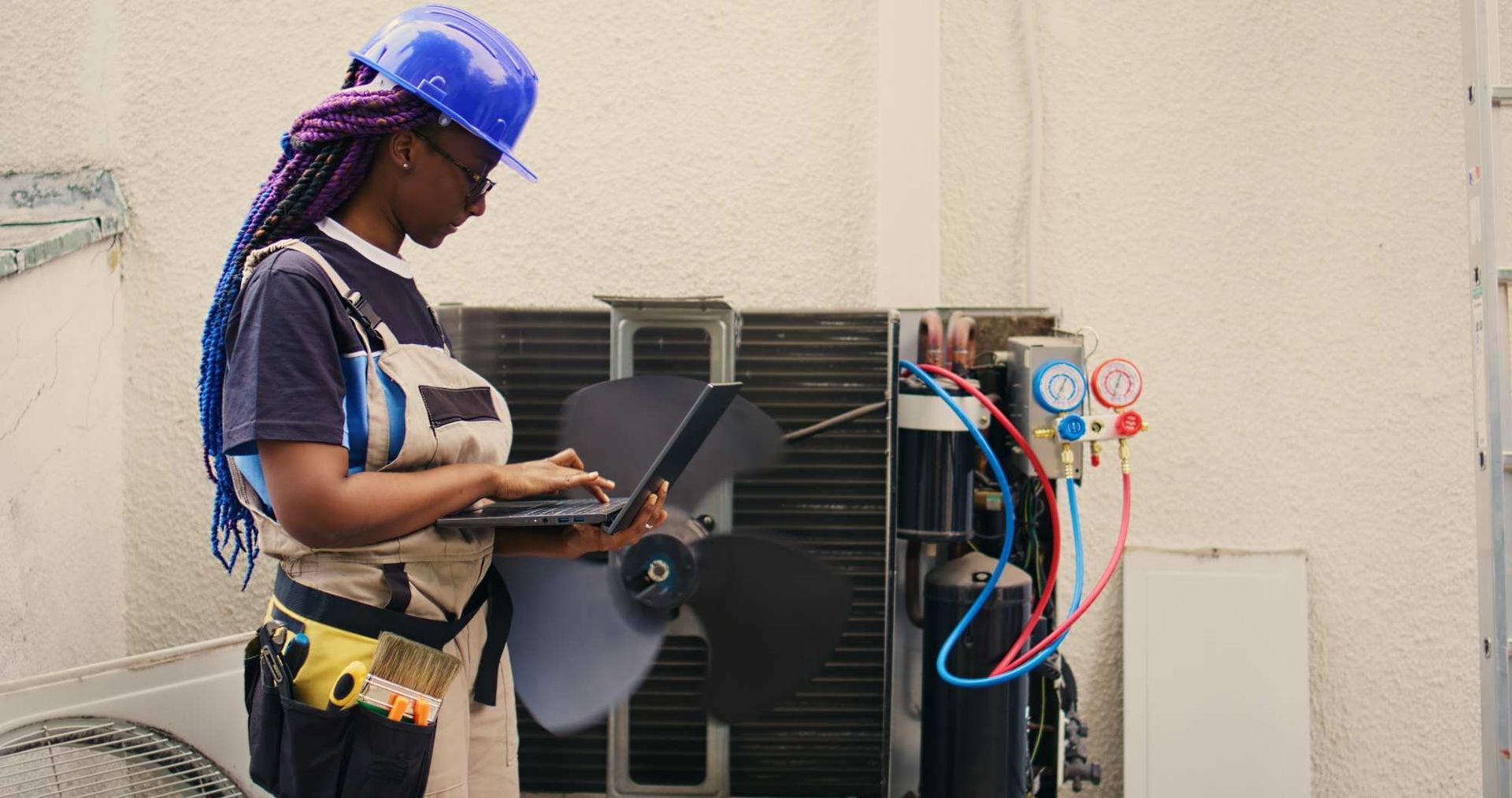
The HVAC world is rapidly changing, and new tech is making maintenance smarter and more predictive than ever.
Innovations shaping modern HVAC service:
- Smart sensors – Monitor temperature, airflow, and vibration in real-time
- Remote diagnostics – Allows pros to troubleshoot without stepping on site
- Predictive analytics – Uses data to forecast when parts may fail
- Cloud-based service portals – Track and manage maintenance schedules
Legacy Heating & Air integrates smart monitoring with traditional service methods to help customers stay ahead of problems—not just react to them. These innovations are especially valuable in
New Construction HVAC Solutions, where early system insights can prevent costly future issues.
Common Mistakes to Avoid
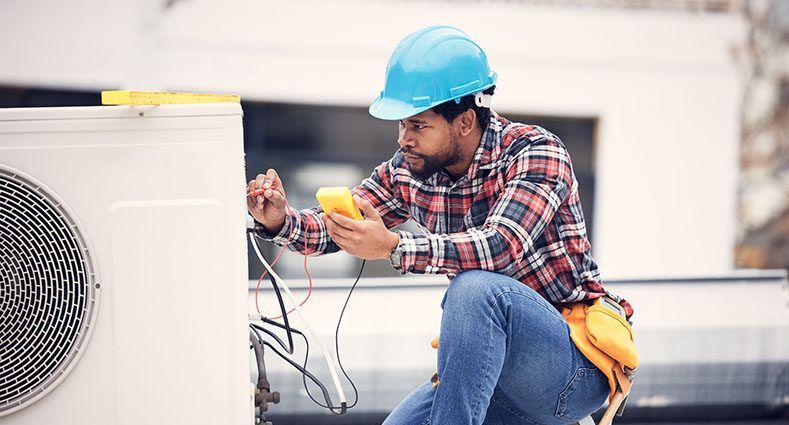
Even the best systems can underperform if maintenance is handled poorly. Avoid these pitfalls:
- Skipping routine service – Small problems become big fast
- Only reacting to breakdowns – Reactive repair is always more expensive
- Using unqualified technicians – Leads to misdiagnosis or missed steps
- DIY on complex systems – Risky, and often voids warranties
- Ignoring signs of trouble – Strange smells, noises, or spikes in bills
Prevention beats cure every time—especially with something as critical (and costly) as your HVAC system.
HVAC Maintenance FAQs
What is the most important phase of HVAC maintenance?
Inspection is arguably the most critical because it sets the stage for all other steps. Without identifying problems early, cleaning and repairs can miss the mark.
How often should HVAC systems be serviced?
Twice a year—once in the spring for cooling and once in the fall for heating—is ideal. Some systems, especially commercial ones, may need quarterly checks.
What happens if I skip HVAC maintenance?
Expect higher energy bills, reduced comfort, more breakdowns, and a shorter system lifespan. Lack of maintenance is a leading cause of premature HVAC failure.
Can I clean HVAC filters myself?
Yes, replacing or cleaning your air filters is something most homeowners can handle. Just make sure to use the correct size and type for your system.
Why You Should Prioritize All 4 Phases
When it comes to HVAC maintenance, shortcuts are expensive. Each phase—inspection, cleaning, testing, and repairs—plays a role in keeping your system running smoothly.
- Inspection catches issues early
- Cleaning keeps parts efficient and safe
- Testing ensures the system works as it should
- Repairs prevent future problems and extend system life
At Legacy Heating & Air, we believe a proactive maintenance plan is one of the smartest decisions you can make for your home or business. Don’t wait for the breakdown—plan ahead, protect your comfort, and preserve your investment.
